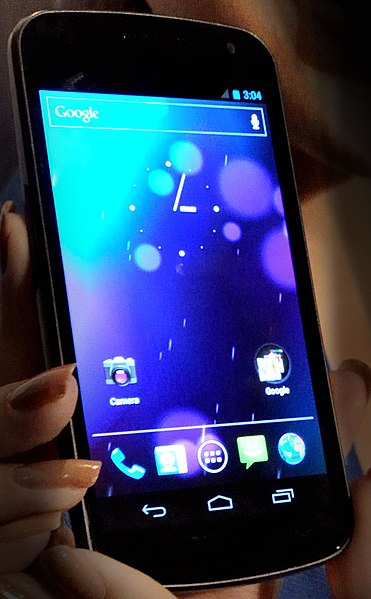Lately, however, I have not had that same quality of sleep as I had when I was young. So I decided to look into it, and what I found was...
Some Electronic Screens Imitate Sunlight
Why do humans naturally get sleepy when we see it's getting dark outside? Contrary to what you might have been told as a kid, no, it has nothing to do with the Sandman.
Our brains secrete a hormone called melatonin during lengthy periods of darkness, and this hormone then helps us drift off to sleep.
The problem is that the light produced by many LCD screens (especially energy-efficient screens popular in smartphones, tablets, e-readers and laptops,) mimics the wavelengths of natural sunlight. In particular, blue light, a natural hue in the sunlight we see nearly everyday, is the troublemaker. Because blue light has only come from the sun until these last 20 or so years, our brains haven't had time to figure out the difference between the glowing orb and our Androids.
How big of an effect do these devices have on our brains? Just two hours of exposure to artificial light can reduce melatonin secretion by 22% according to a 2012 sleep experiment. The findings of this experiment, which are largely debatable due to the low sample size, are inviting further research into the effects of electronics on our brain chemistry.
What to Do?
If you feel like you just can't break away from your electronic device before bed (and I can relate to the feeling - I've almost beat Plants Vs. Zombies!) then the experts suggest dimming the backlight to reduce negative effect.
 |
| Just... One... More... Level... |
Ideally, however, you should spend 30 minutes before you lay down in bed away from bright electronic screens. Maybe crack open an old book you've been meaning to get around to or do some stretches. Find a routine that helps you relax so you can get the most out of your sleep every night and be better prepared to handle the next day!

No comments:
Post a Comment